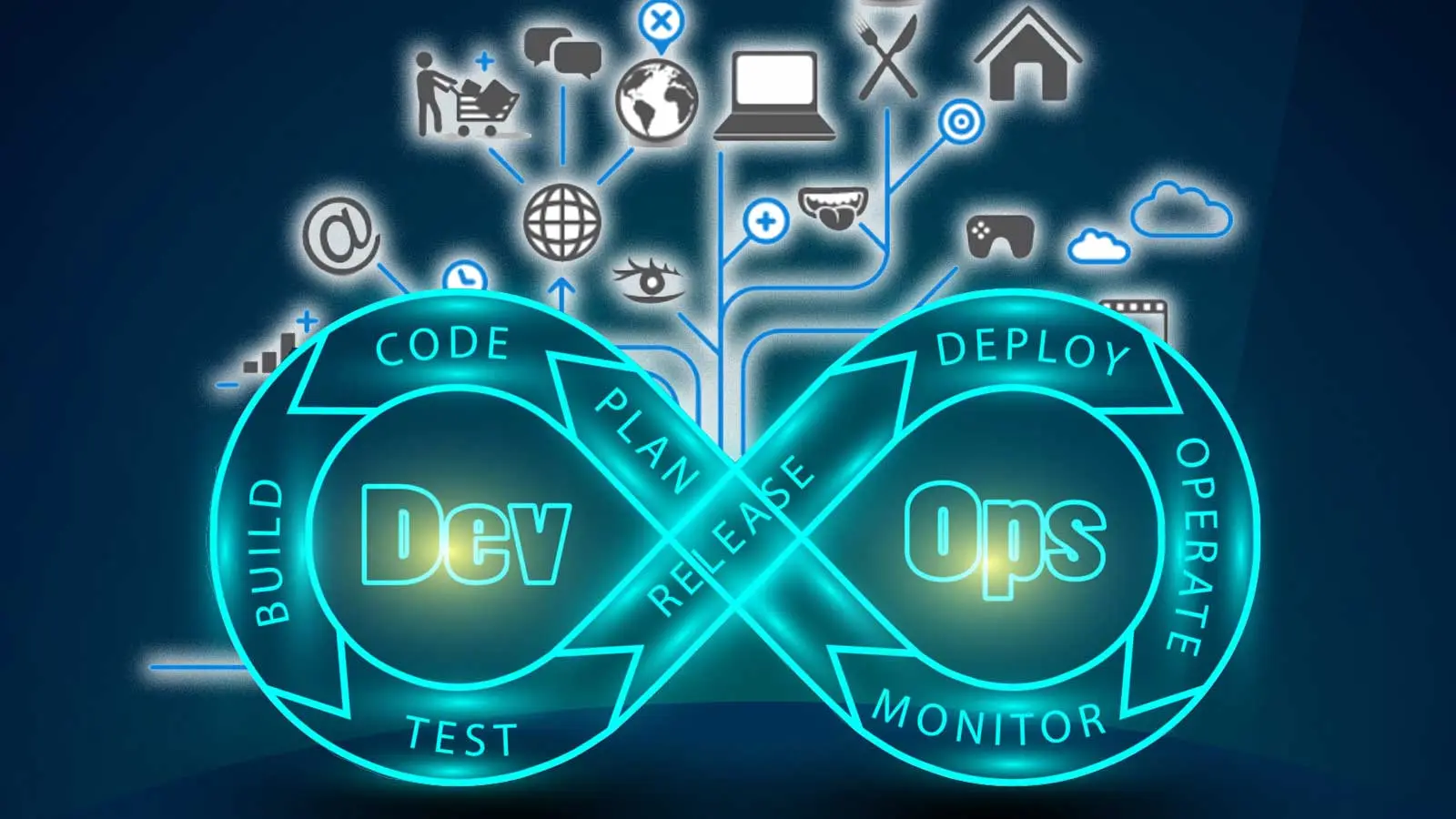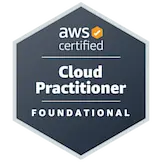
A quick look at Angular Signal Forms
A brief, practical tour of the new Signal Forms in Angular—setup, validation, template binding, and submission.

Expanding Your skillset for the Modern Job Market
Jack van den Berg - 7 min read
When I first started in development, I jumped into back-end work because it was seen as offering better career opportunities. However, I soon transitioned to frontend development, as the magic of seeing my code come to life on the screen captivated me.
While I still very much enjoy front-end development, I've noticed the expectations for front-end engineers go beyond just mastering a framework. With that in mind, I decided to expand my skill set and explore a path toward becoming a DevOps engineer.
DevOps is about bringing development (Dev) and operations (Ops) teams together to make building and delivering software faster, smoother, and more secure. Instead of developers writing code and handing it over to operations, DevOps encourages collaboration from start to finish, using automation to streamline everything from testing to deployment.
From a DevOps engineer’s perspective, it’s not just about writing code, it’s about building and managing the entire infrastructure behind it. You automate the setup, scaling, and maintenance of applications through tools like Infrastructure as Code (IaC), making cloud resources easier to manage and more consistent. With continuous integration and continuous delivery (CI/CD) pipelines, you automate the build, test, and deployment processes, ensuring fast and reliable releases without manual intervention.
As a DevOps engineer you’re building, deploying, and managing the full lifecycle of your applications. You’re in control of the infrastructure, the automation, and the pipelines that make your software scalable, reliable, and efficient.
Understanding DevOps practices can elevate both your work and career as a frontend engineer. In a rapidly evolving tech landscape, where collaboration and efficiency are key, DevOps provides you with a unique edge. Here’s how diving into DevOps can transform your role and enhance your skill set:
Enhanced team contribution
Developing DevOps skills makes you a more valuable asset to your team. By understanding the deployment process, you can streamline application releases, reducing errors and saving time and resources. This knowledge also allows you to troubleshoot issues more effectively, leading to quicker resolutions and a better experience for users.
Understanding Where Your Code Goes
As a frontend engineer, it's essential to understand what happens to our code after deployment. Knowing whether an app is hosted on a traditional server, running in a serverless environment, or deployed in the cloud can influence design decisions. For instance, when considering cloud hosting, the focus often shifts to optimizing performance and scalability, ensuring the application can handle varying user traffic effectively. In a serverless architecture, it's important to think about how functions execute and interact with other services.
This understanding allows developers to make informed choices that enhance efficiency and resilience, ultimately leading to a smoother user experience.
Better Collaboration with Other Specialists
By understanding DevOps principles, you can work more smoothly with backend engineers, operations teams, and cloud specialists. This teamwork not only leads to more cohesive projects and a smoother workflow but also enhances your impact within the team.
Ensuring Quality and Standards
Being familiar with DevOps gives you insights into the infrastructure behind your code. This helps ensure that your applications not only function well but also meet essential performance and security standards.
For example, knowing how to implement automated testing and monitoring can help catch potential issues early, ensuring a smooth user experience. It's not just about writing code; it's about delivering quality products
Boosting Your Employability
In today’s competitive job market, having DevOps knowledge sets you apart. Employers value developers who can navigate both the coding and operational sides of software development. This expanded skill set not only makes you a more attractive candidate but also opens doors to new opportunities.
“According to the latest statistics the DevOps market is forecast to grow at a growth rate of 19.7% from an estimated $10.4 billion in 2023 to $25.5 billion in 2028.”
Source: https://www.marketsandmarkets.com/Market-Reports/devops-market-824.html
Whether you're aiming to transition into a DevOps role or simply enhance your understanding of DevOps as a frontend engineer, there are many learning options available. You can choose to explore cloud concepts or pursue certifications based on your goals. Here, I’ll share my personal learning path.
I chose to focus on AWS and obtain certifications because it’s the oldest cloud provider out there and still is the current market leader, making it the most widely adopted platform in the industry. AWS offers clear certification paths that will help you transition into a DevOps role or help you gain a better understanding. While certifications alone may not guarantee a job, they provide a structured learning path and clear goals to work towards. Personally, I find value in earning certifications because they test your theoretical knowledge and give you a tangible achievement to showcase.

The AWS Certified Cloud Practitioner (CCP) certificate is the entry level certificate of AWS and mostly recommended if you are new to cloud concepts or AWS itself. It validates foundational cloud knowledge and helps as a base for the other certificates.
Even though some people suggest skipping this certificate and jump straight into more specific certificates, I personally found that the CCP really helps you build a solid foundation on cloud concepts and all that AWS has to offer in terms of services. I am currently at the brink of taking my Developer certificate exam and I went through the entire course significantly faster because you already grasp a lot of the concepts.

All in all it took me close to 2 months from having no prior cloud knowledge to obtaining the CCP certificate and passing the exam with ease. These are the resources I used to prepare myself:
Course Ultimate AWS Certified Cloud Practitioner CLF-C02
With Udemy you can often buy courses on discount which can save you quite some money. Stephane does a great job explaining things in a clear manner and is one of the top AWS course sellers for a reason.
What works great for me is to just go through the entire course, doing the test exams at the end of each section and note which sections I struggle to grasp. I quit taking notes during each lecture because I found it too time consuming. Instead, once I finish the course, I revisit the sections I found difficult and go through them once more and then retake the exam on that specific section.
Practice Exams 6 Practice Exams | AWS Certified Cloud Practitioner CLF-C02
Once I finished the course and revisited certain sections I bought this set of practice exams. Take your time and read each question carefully as you can often cross out 1 or 2 wrong answers by just understanding the question properly. Once finishing an exam, you can view your score and all the questions explanations, this was particularly helpful.
Hands-on AWS Cloud Quest
So this one might have caused me to take even longer since it is great fun. Besides following along with the hands-on exercises in the course, one thing I found very valuable is Cloud Quest.
Cloud Quest is a 3d game to help you build practical AWS Cloud skills and gain hands-on experience to accommodate any certificates. It even allows you to gain certain badges that you can showcase, demonstrating your knowledge.
So whether you're looking to transition into a DevOps role or simply up your game as a frontend engineer, diving into cloud concepts can definitely give you an edge.
I hope you enjoyed this article and found it helpful in charting your own path. Whatever your goals may be, remember that expanding your skill set is not just about boosting your career, it’s about staying curious and having fun along the way.